Indian telcos voice concerns about Microsoft white spaces projects
3 min. read
Published on
Read our disclosure page to find out how can you help Windows Report sustain the editorial team. Read more
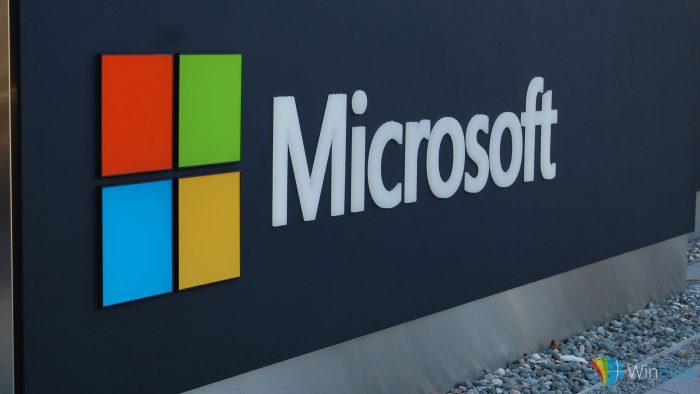
Microsoft is one of a number of technology companies with initiatives to expand Internet access to underserved rural areas throughout the world. A number of technologies are being considered and utilized for such endeavors, with Microsoft’s use of white space running into some serious resistance from Indian telecommunications companies.
White space in this context refers to the TV spectrum that’s currently unused in given geographic region. We wrote about Microsoft’s plans to use white space in Indian last year:
One of the major issues in getting internet to the rural areas is the scarcity of infrastructure. That’s where Microsoft’s plan looks promising. The company wants to use the abundant and readily available TV spectrum to beam the data. It plans to tap the ‘white space’, otherwise known as unused spectrum, to bring connectivity across the country.
Microsoft India chairman Bhaskar Pramanik explained the benefits of using TV spectrum for beaming connectivity. “Wi-Fi has a range of only about 100 metres, whereas the 200-300 MHz spectrum band available in the white space can reach up to 10 km. This spectrum belongs mainly to Doordarshan (Indian public broadcaster) and the government and is not used at all. We have sought clearance for a pilot project in two districts.”
Companies like Microsoft benefit from expanding Internet access this way by gaining entrée into new markets and building relationship with an ever-expanding universe of customers. Usually, such efforts are well-received in those regions, but in the case of India, some telecom companies are concerned.
As The Economic Times reports, the issue isn’t that Microsoft is pursuing this initiative in India, but rather the possibility that the US-based company might gain free and/or exclusive control of this lucrative spectrum. So far, the issue seems to have arisen around the question of whether the spectrum will be handed out to interested parties via open and competitive auctions.
The Cellular Operators Association of India (COAI), which represents companies such as Bharti AirtelBSE -1.14 %, Vodafone India and Idea CellularBSE -3.17 %, is set to shortly write to Telecom Minister Ravi Shankar Prasad, Telecom Secretary Rakesh Garg and Telecom Regulatory Authority of India Chairman RS Sharma demanding an auction of the spectrum, instead of allocating it to one company, two people with knowledge of the association’s plans said.
So far, the Indian government’s position seems to be that auctions are the way to go in allocating such resources, following an Indian Supreme Court ruling to this effect. Microsoft hasn’t commented on the call for auctions, and it’s unclear from the Economic Times story whether the company or any other organization is calling for spectrum to be handed out in any other fashion.
It’s entirely possible that the telecoms voicing concerns are doing so in an entirely pre-emptive fashion, simply to lobby for the opportunity to play in this space as well. Time will tell how this all plays out, and we’ll continue to report on Microsoft’s efforts to expand Internet access throughout the world.


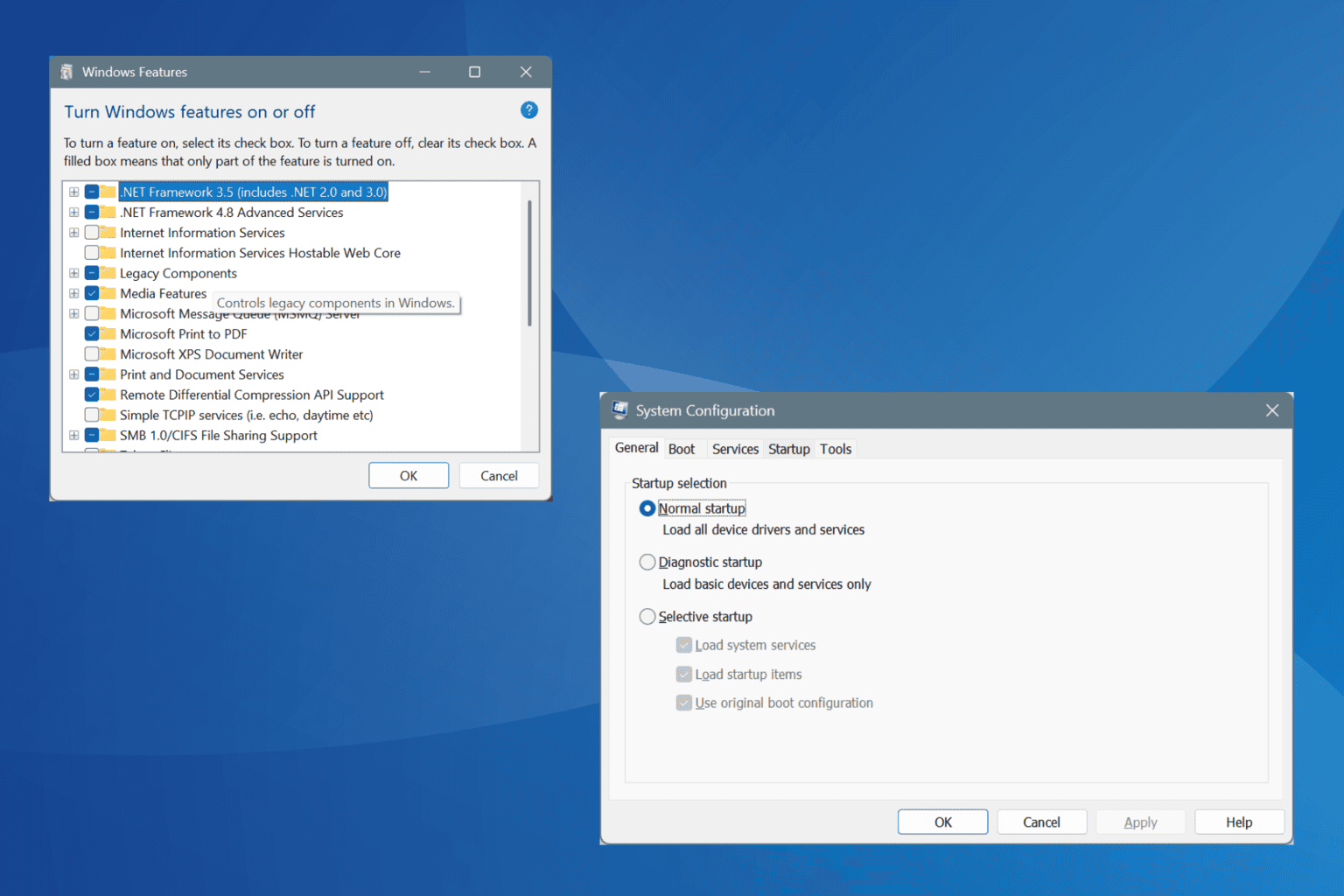
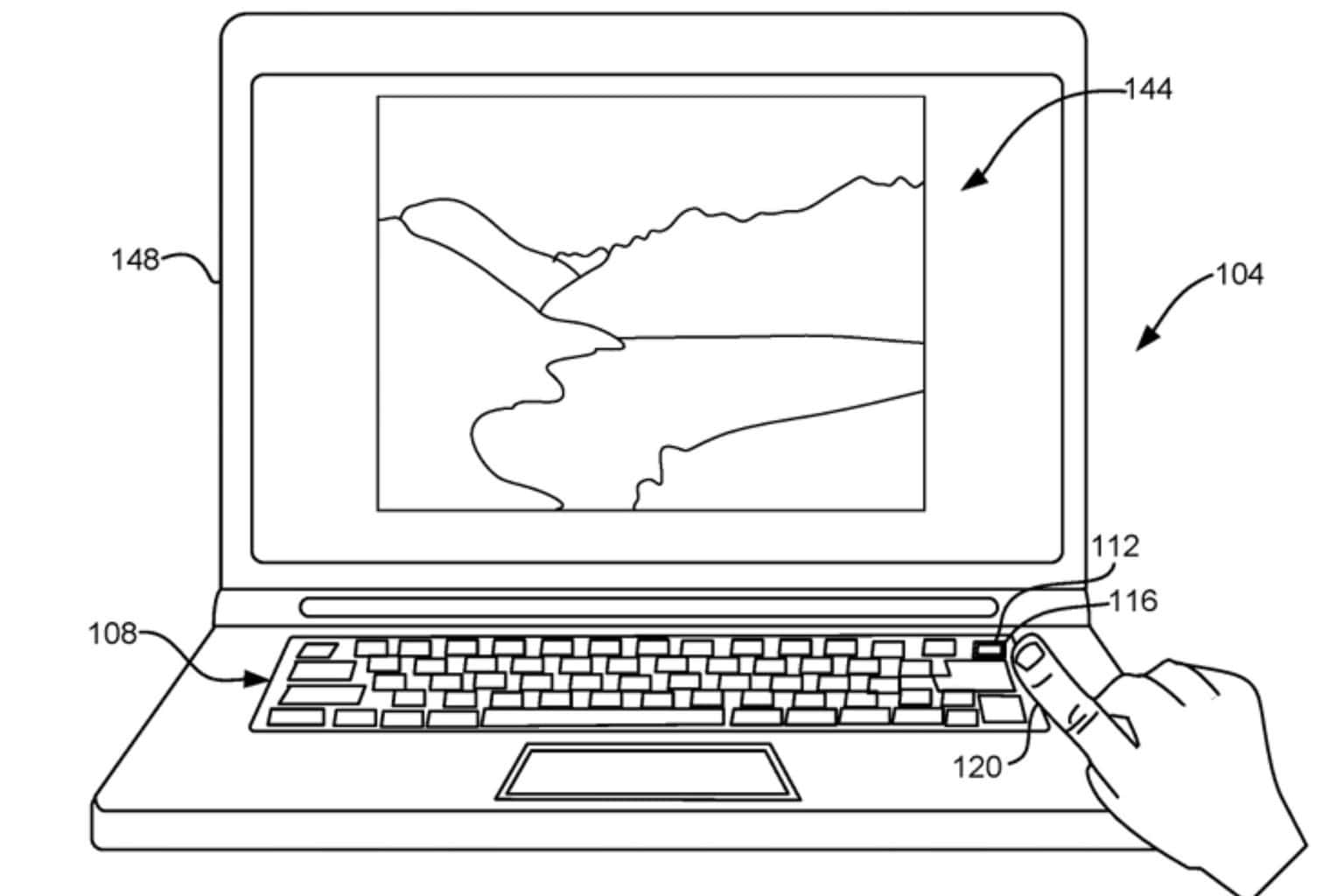
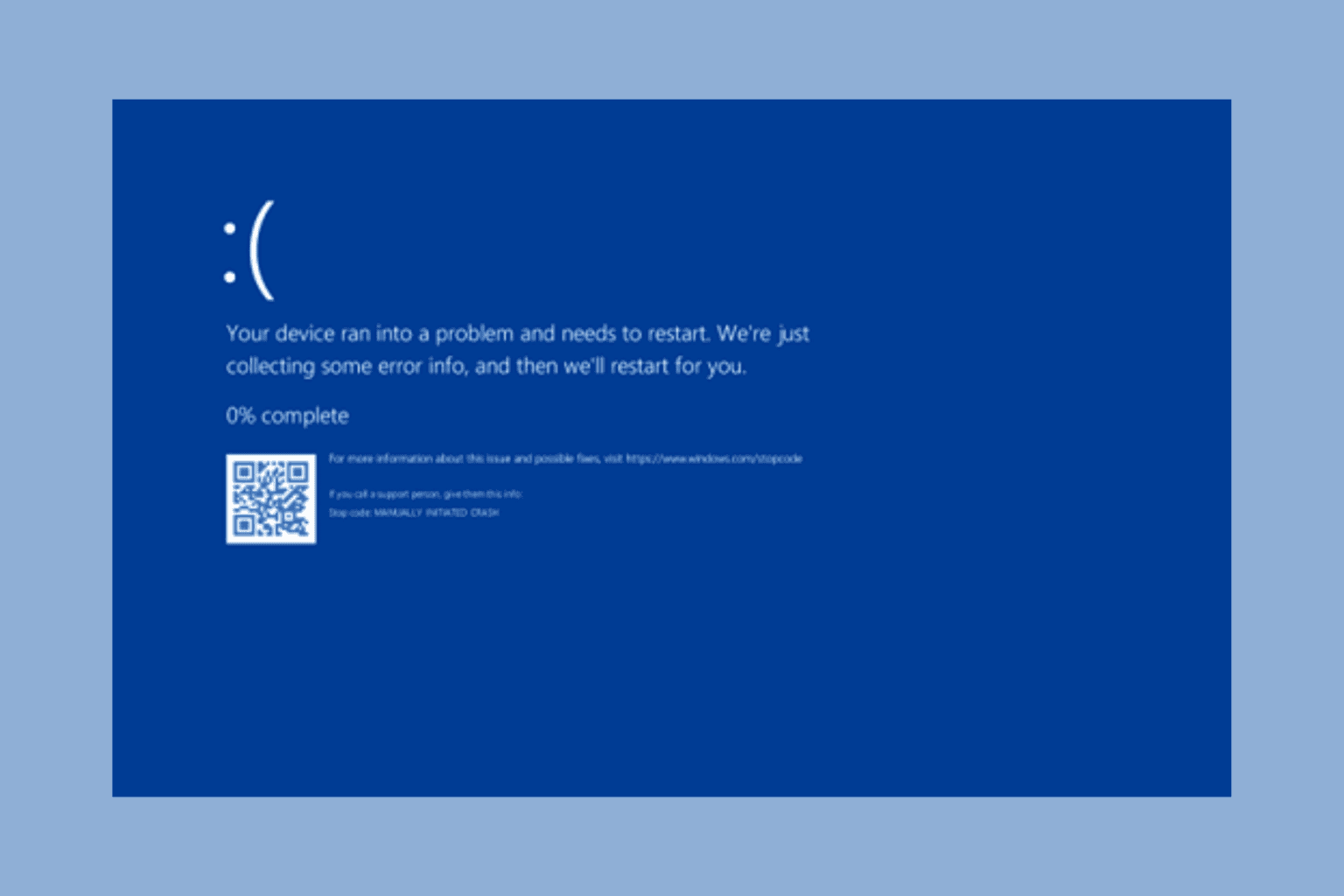
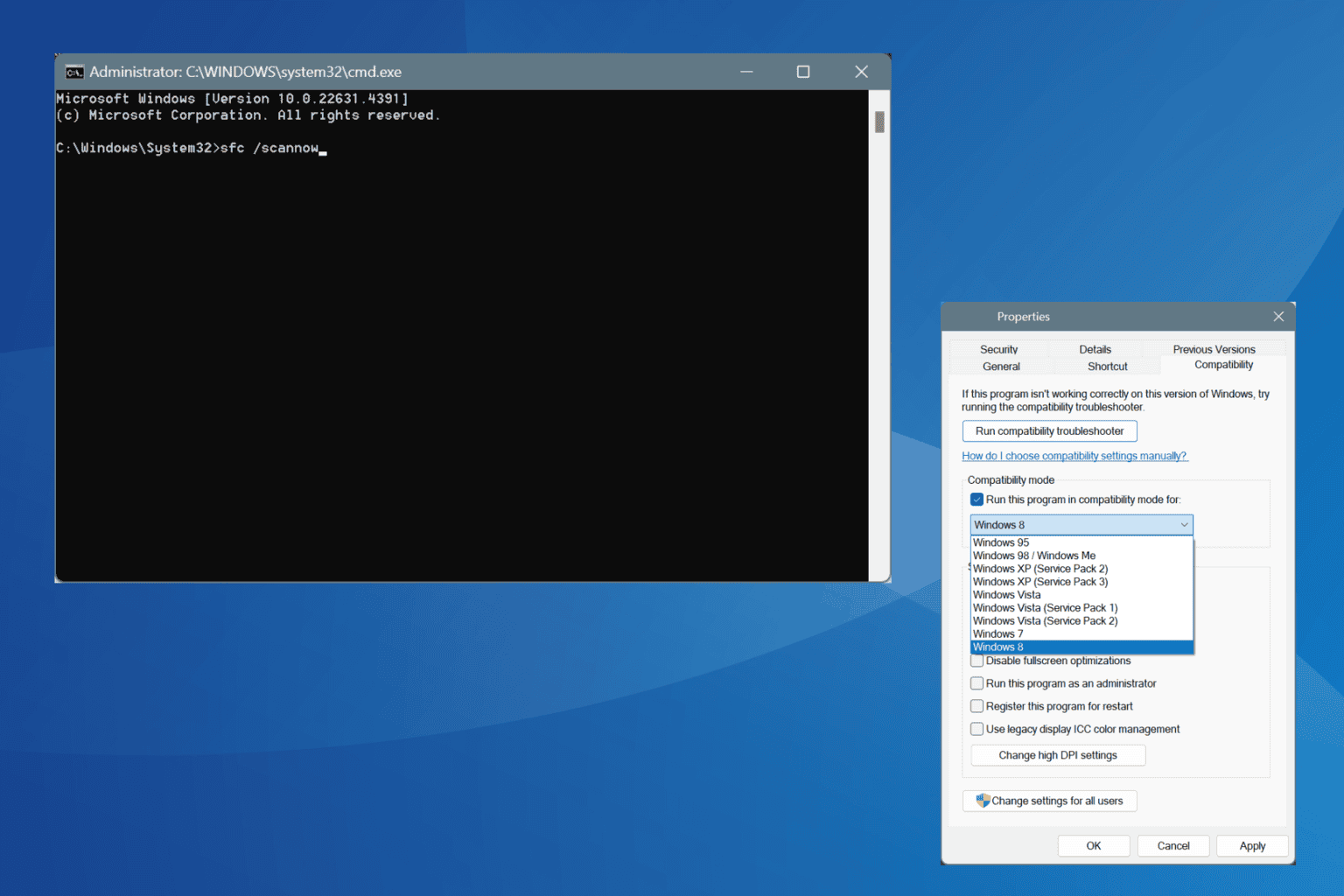

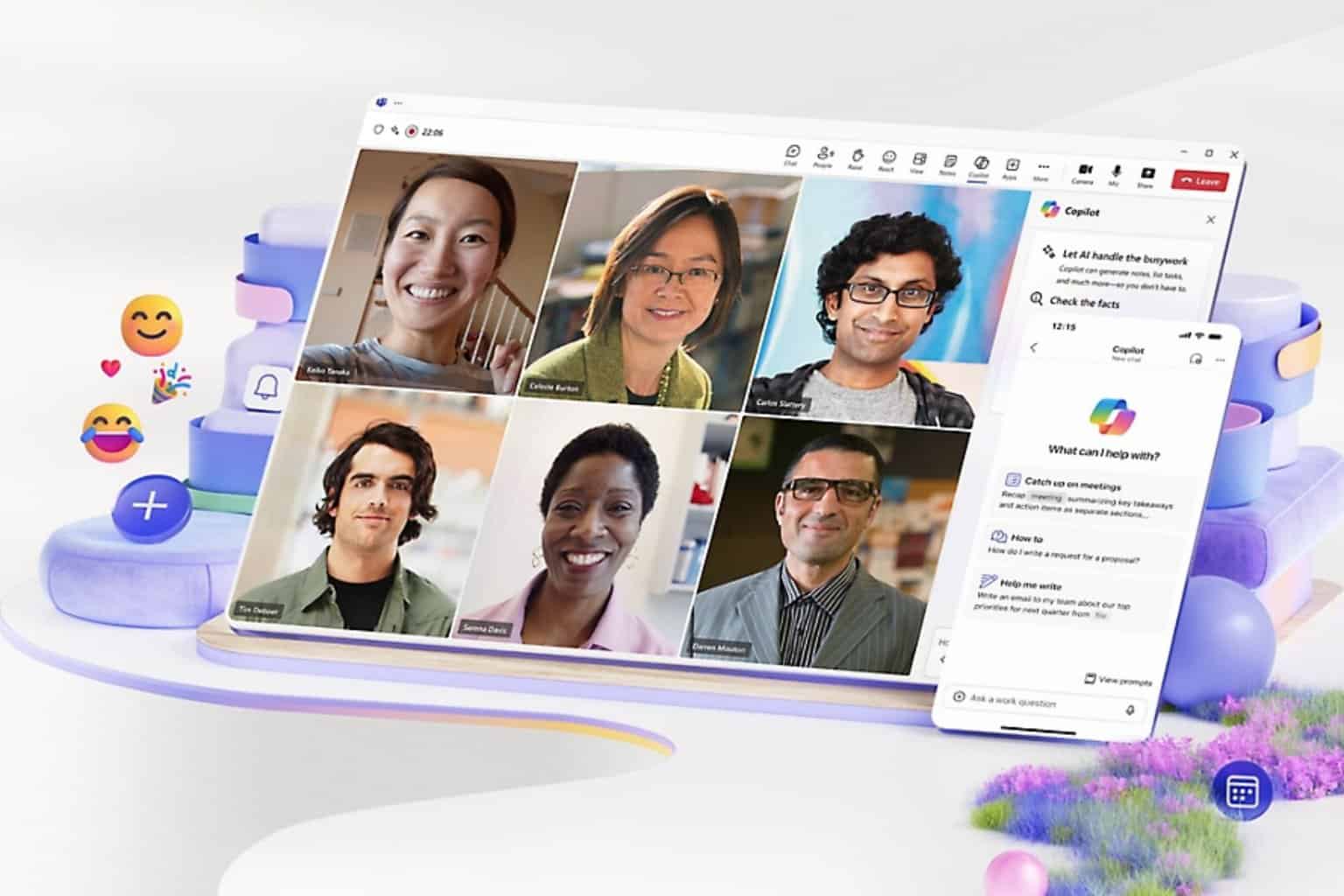
User forum
0 messages